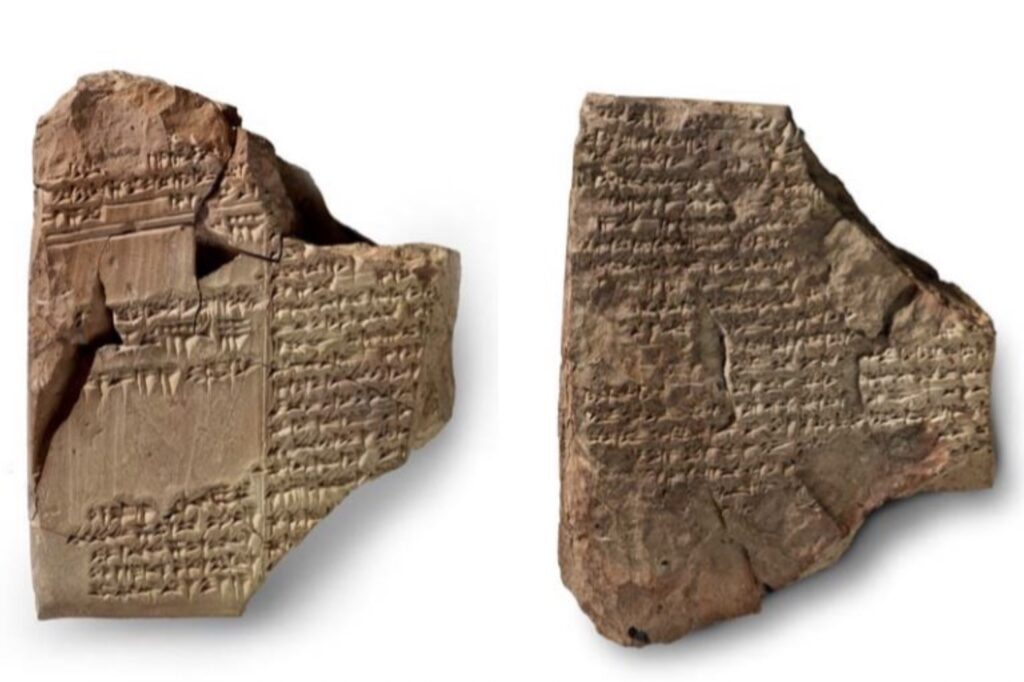Google Translate is great. But what if a similar service can go further, translating even ancient or archaic languages to modern context?
It takes years and years of studying and research to understand unearthed artifacts. An Archaeology degree in college is just the first step in learning how to analyze discoveries you may encounter in future fieldwork. Even then, only a few hundred experts around the world become qualified to interpret an artifact. So, yes, it is definitely hard to do it. Just think about how difficult it is to translate a word from a different language. How much more if it is an ancient language?

Akkadian is an early Semitic language that is considered to be one of the best attested from ancient times. Although it is now an extinct language, there is still much Akkadian to learn about since this was used in cuneiform tablets. However, the process of translating Akkadian takes two forms. Scholars would be transliterating the cuneiform signs first, which in itself is a whole lot process, then it will be taken to be translated into the modern language. Just imagine how much time and effort it would take for one cuneiform tablet. So together with computer scientists, a team of archaeologists developed artificial intelligence that can instantly do all these translations even with as old as 5,000-year-old cuneiform tablets.
The team developed a neural machine translation model that is similar to technology under Google Translate. Treating it like an actual person, they then trained the AI model on available cuneiform texts from the Open Richly Annotated Cuneiform Corpus. Despite being taught to translate in two different ways and even having to handle nuances, the AI model was able to figure it out. Both test scores were even above the target baseline set by the team. This means that the AI’s translation was in the range of a high-quality translation.
However groundbreaking it may seem, the team admits that there is still much work to be done. The current AI model, like many others, is also prone to hallucinations where results may not even be connected to the source provided. Nonetheless, this achievement can open many possibilities.
Other POP! stories that you might like:
Elon Musk imposes ‘rate limit’ on Twitter, and users are not happy about it
Hong Kong-American pop singer and songwriter CoCo Lee dies at 48